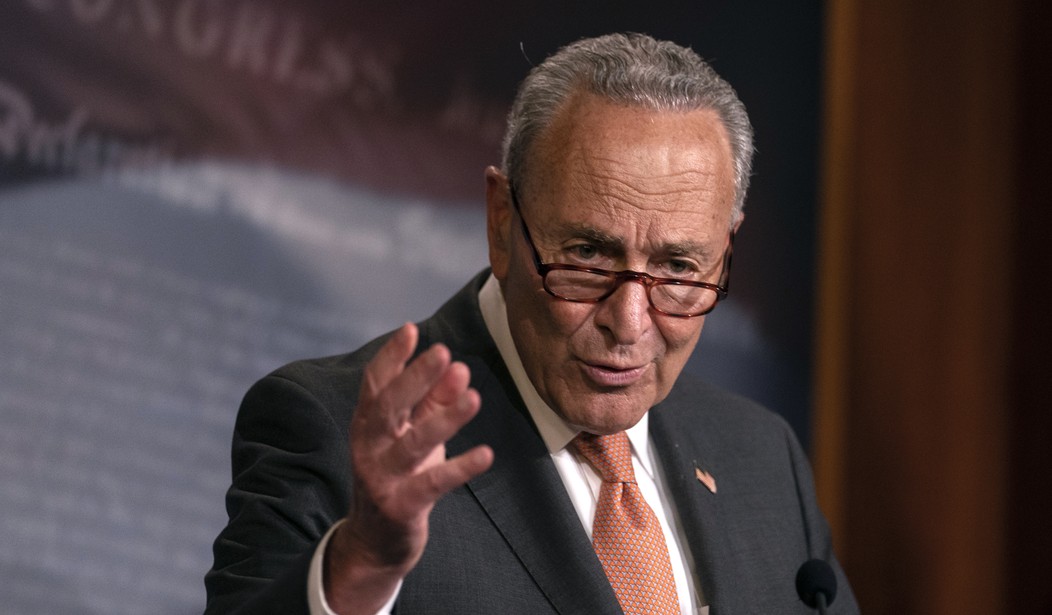Senate Majority Leader Chuck Schumer (D-NY) and Minority Leader Mitch McConnell (R-KY) on Monday announced the ground rules for President Donald Trump's second impeachment trial, which is scheduled to begin on Tuesday.
“For the information of the Senate, the Republican leader and I, in consultation with both the House managers and Former President Trump's lawyers, have agreed to a bipartisan resolution to govern the structure and timing of the impending trial,” Schumer said on the Senate floor. “All parties have agreed to a structure that will ensure a fair and honest Senate impeachment trial of the former president."
On Tuesday, both the impeachment managers and Trump's legal team will be given four hours each to argue whether or not they believe it is constitutional to impeach a former president. The Senate will then vote on if a trial should proceed. A simple majority (51 votes) will be needed in order for the trail to begin, a vote that is likely to take place along party lines.
If the Senate moves forward with the trial, oral arguments will begin on Wednesday at 12 p.m. EST. Each side will be given a total of 16 hours to make their presentation but it cannot exceed two days.
Once oral arguments are completed, senators will have a four hour block to question both parties. At that point, there will be a two hour debate about whether or not witnesses and documents should be subpoenaed. Impeachment managers will receive one hour to make their case and the Trump team will have one hour to make theirs about witnesses and documents being brought in.
Recommended
If the Senate votes allow witnesses and documents, both sides will be allowed to issue subpoenas. The parameters surrounding the subpoenas would be issued at a later time.
Each side will then be given two hours to make their final closing arguments. Once closing arguments are concluded, the Senate can deliberate, although the timeframe is unclear. Following deliberations the chamber will vote on the article of impeachment for "inciting an insurrection."
No proceedings will take place between 5 p.m. EST Friday or on Saturday because of President Trump's counsel requesting time off for the Sabbath. The chamber will reconvene Sunday afternoon.

























Join the conversation as a VIP Member